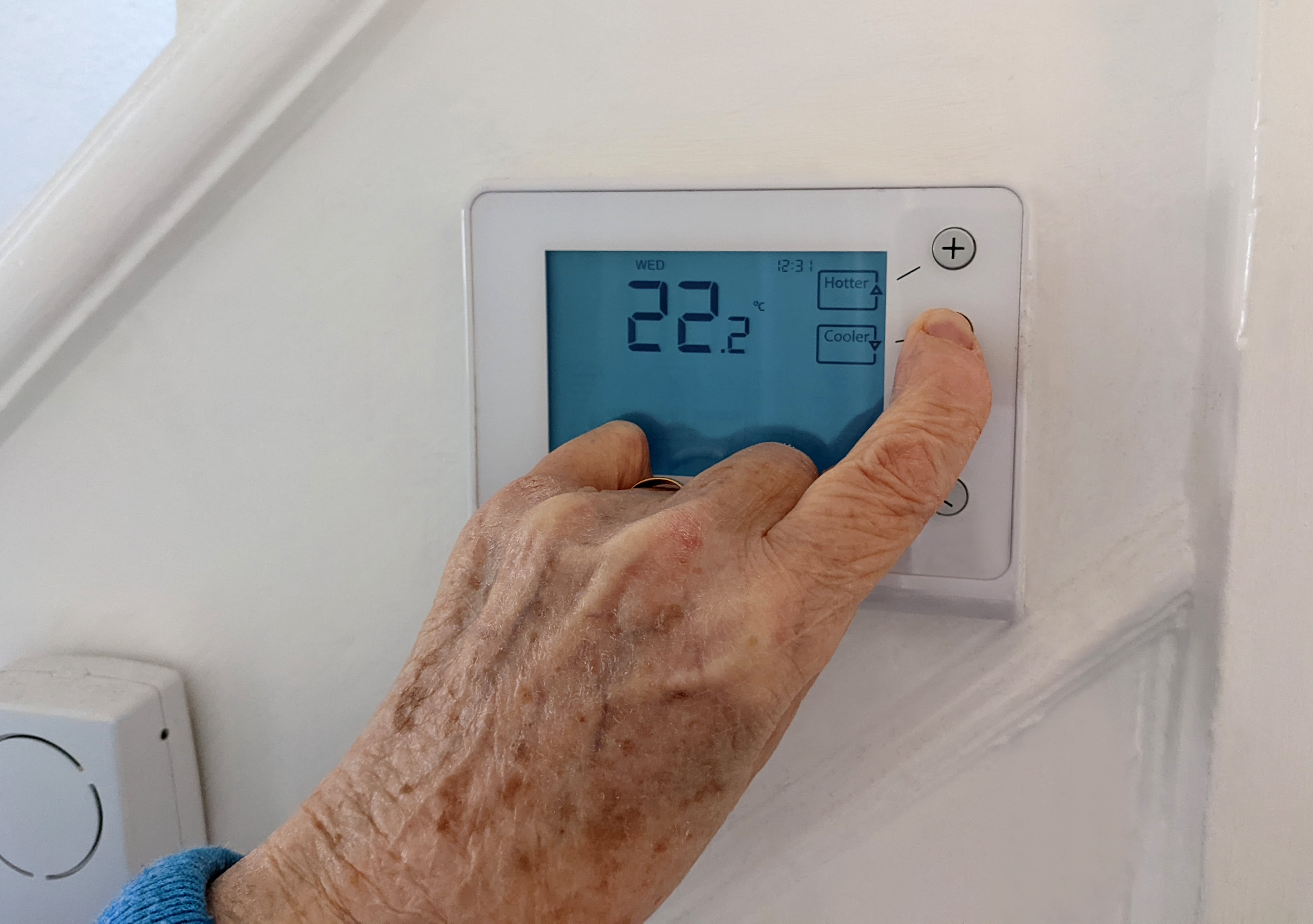By Melinda Deslatte and Tammy Webber
The COVID-19 death toll in the U.S. topped 500,000 Monday, all but matching the number of Americans killed in World War II, Korea and Vietnam combined.
The lives lost, as recorded by Johns Hopkins University, are about equal to the population of Kansas City, Missouri, and greater than that of Miami; Raleigh, North Carolina; or Omaha, Nebraska.
And despite the rollout of vaccines since mid-December, a closely watched model from the University of Washington projects more than 589,000 dead by June 1.
The U.S. toll is by far the highest reported in the world, accounting for 20 percent of the nearly 2.5 million coronavirus deaths globally, though the true numbers are thought to be significantly greater, in part because of the many cases that were overlooked, especially early in the outbreak.
Average daily deaths and cases have plummeted in the past few weeks. Virus deaths have fallen from more than 4,000 reported on some days in January to an average of fewer than 1,900 per day. But experts warn that dangerous variants could cause the trend to reverse itself.
Some experts say not enough Americans have been inoculated yet for the vaccine to be making much of a difference.
Instead, the drop-off in deaths and cases has been attributed to the passing of the holidays; the cold and bleak days of midwinter, when many people are inclined to stay home; and better adherence to mask rules and social distancing.
The first known deaths from the virus in the U.S. happened in early February 2020. It took four months to reach the first 100,000 dead. The toll hit 200,000 deaths in September and 300,000 in December. Then it took just over a month to go from 300,000 to 400,000 and about two months to climb from 400,000 to the brink of 500,000.
The U.S. recorded an estimated 405,000 deaths in World War II, 58,000 in the Vietnam War, and 36,000 in the Korean War.
Updated on February 22, 2021, at 5:03 p.m. ET with the latest details.












